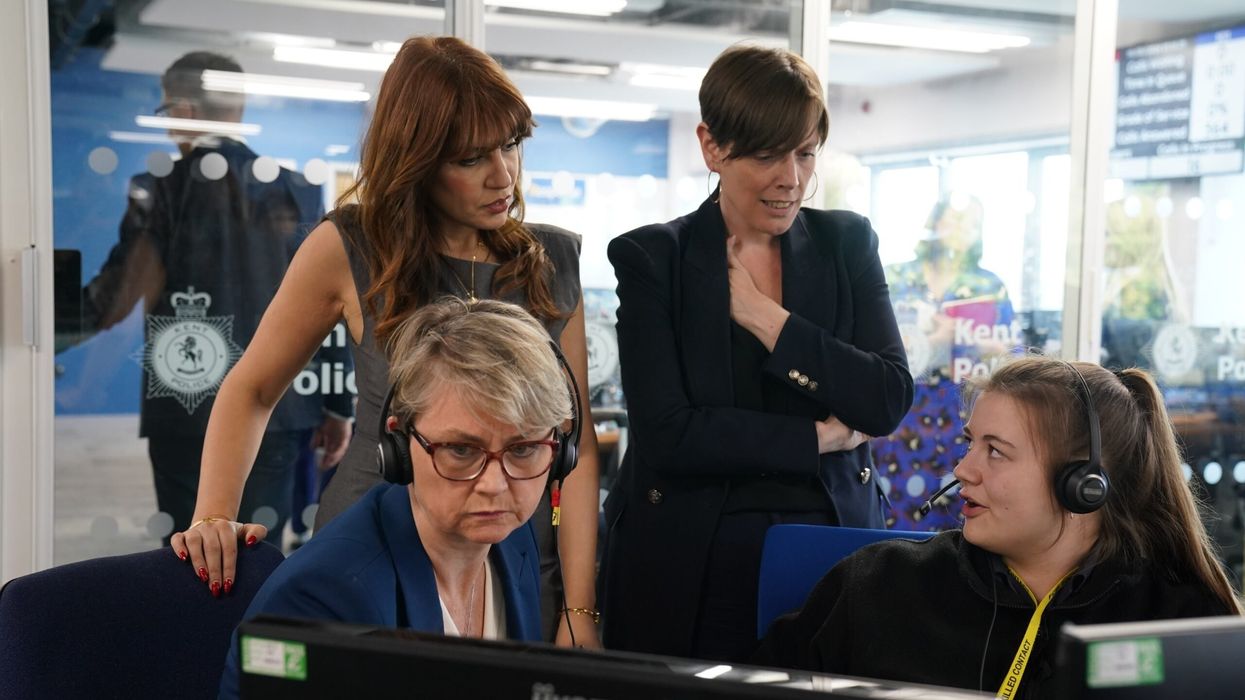DOMESTIC abuse specialists will join the police emergency call centres from early next year to help protect women and girls, the Home Office announced on Friday.
This initiative is part of the Raneem's Law pilot scheme, named after Raneem Oudeh and her mother Khaola Saleem, who were murdered by Raneem's ex-husband in 2018.
Raneem had called 999 four times on the night of the incident, but officers failed to reach the scene in time. An inquest found that police shortcomings "materially contributed" to their deaths. The new scheme aims to ensure victims receive a "fast response" by having officers on the ground advised by domestic abuse specialists.
According to the Home Office, police in England and Wales recorded nearly 100 domestic abuse-related offences every hour over the past year. Keir Starmer's government has committed to reducing violence against women and girls by half within the next decade.
"Victims of appalling domestic abuse need to know that the police will be there for them," said Home Secretary Yvette Cooper. She stressed the importance of understanding the severity of domestic abuse, saying, "Failure to understand the seriousness of domestic abuse costs lives and far too many have already been lost."
Jess Phillips, the inister for Safeguarding and Violence Against Women and Girls, emphasised that the government intends to do more than just improve police response times. "I don't want to just give somebody who's taken a beating a good call. I want them not to take that beating in the first place," said Phillips, who previously worked with domestic abuse victims before entering politics.
In November, another scheme will be introduced to enhance police orders requiring abusers to stay away from their victims. Under the new orders, perpetrators must inform the police of any change in name or address and may be electronically tagged, without a maximum duration. Currently, victims are protected for up to 28 days.
The strengthened Domestic Abuse Protection Orders will initially be tested by police units in London, Manchester, and the British Transport Police. Crime statistics show that 2.3 million people experienced domestic abuse in England and Wales in the year ending March 2024.
Recent high-profile cases of violence against women, including domestic incidents, have drawn attention to the issue. Refuge, the UK's largest charity for domestic violence victims, described the situation as a "national emergency" and stated that violence against women and girls was at "unprecedented levels."
This week, a man was charged with the murder of a mother and her two daughters north of London. British media reported that the suspect was the ex-partner of one of the daughters.
While Refuge expressed general support for the new measures, interim chief executive Abigail Ampofo called for "far more detail on how these plans will be implemented and how staff will be safely recruited, vetted and most importantly trained."
(With inputs from AFP)




